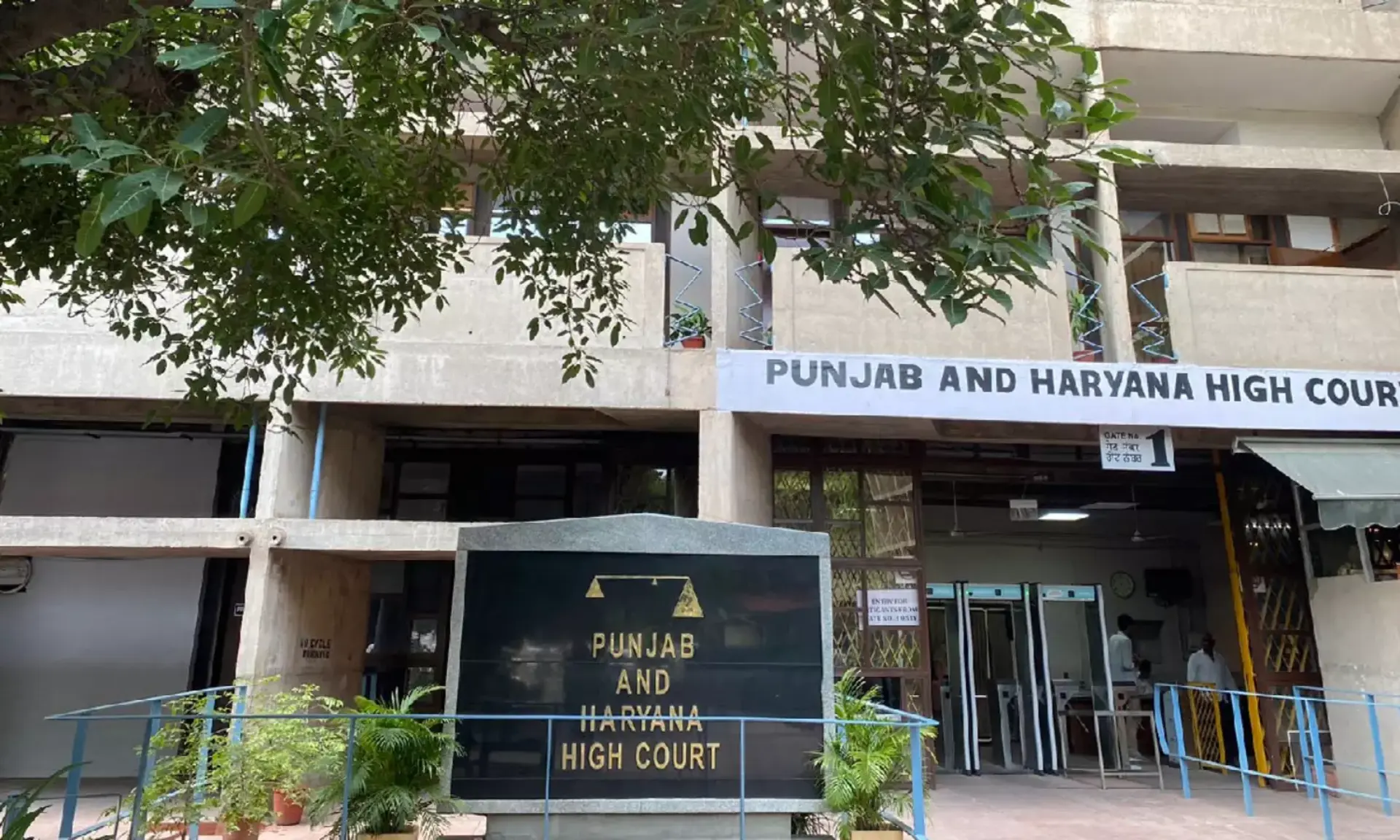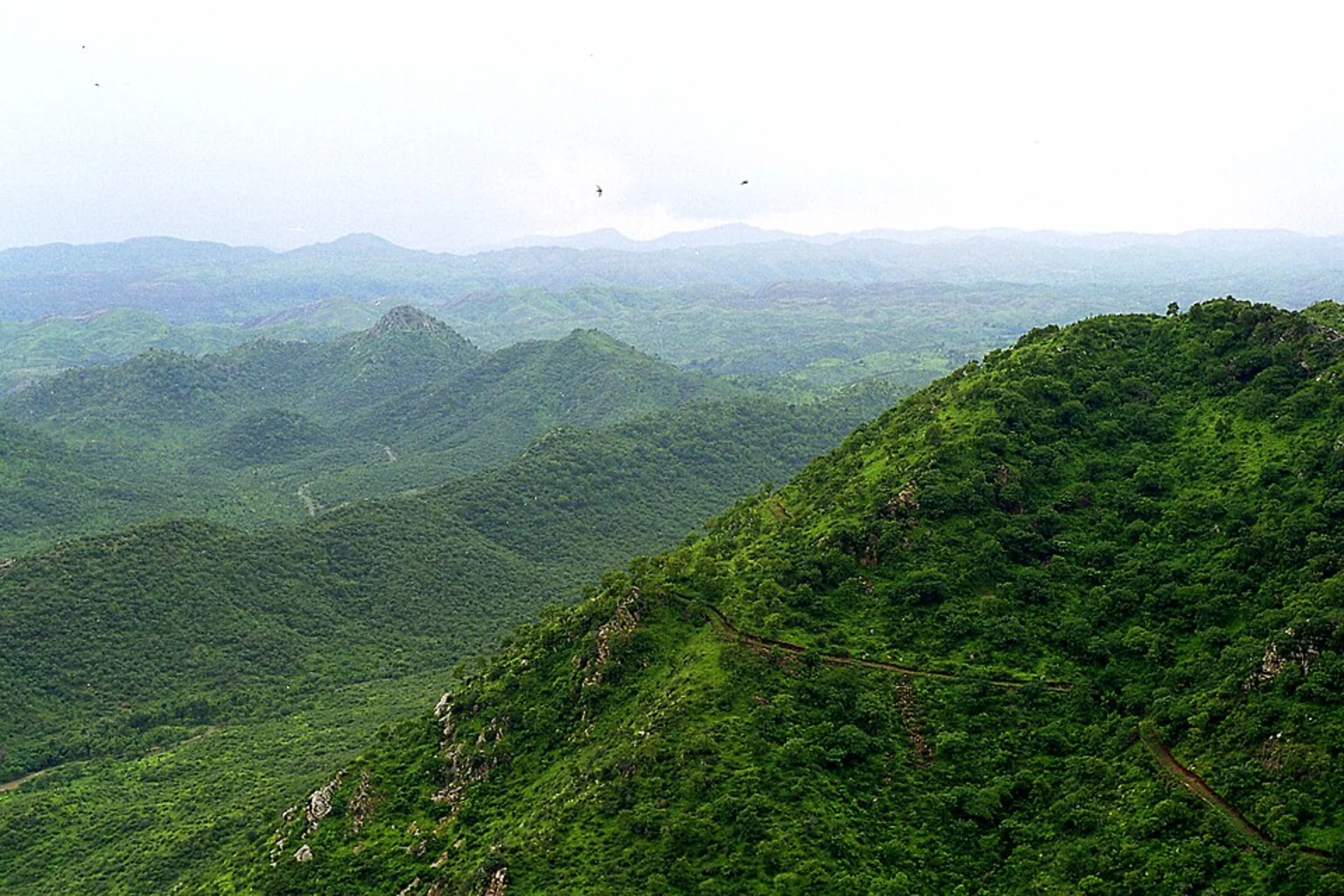
In a landmark decision that sends a powerful message about environmental conservation, the Punjab and Haryana High Court has affirmed that the right to life supersedes economic interests. The court's judgment, delivered by Chief Justice Sheel Nagu and Justice Anil Kshetarpal, dismissed 28 petitions challenging the Haryana Government's notifications on stone crusher location norms.
Health and Education Take Priority
The court made a critical observation that stone crushers cannot operate within 500 meters of educational institutions, regardless of when the schools were established. "The stone crushing units and the schools cannot co-exist side by side because it would adversely impact the health of the children, who are the future of the nation," the bench asserted, highlighting the paramount importance of protecting young lives.
Emphasizing the evolving nature of environmental requirements, the court stressed that governments must have the flexibility to modify regulations in the public interest. The judgment underscored that environmental protection is not a static concept but a dynamic responsibility that requires constant adaptation to emerging challenges.
Impact of Stone Crushers
The court meticulously detailed the environmental and health risks posed by stone crushers. These operations generate significant amounts of fine fugitive dust, causing serious health risks to workers and nearby communities. The dust contributes to respiratory illnesses, reduces visibility, inhibits vegetation growth, and negatively impacts the area's aesthetic value.
Addressing Economic Concerns
Rejecting arguments about potential job losses, the court suggested that workers can be relocated to new crushing zones in permitted areas. The judgment prioritized long-term ecological sustainability over short-term economic considerations, aligning with the constitutional mandate to protect the environment.












